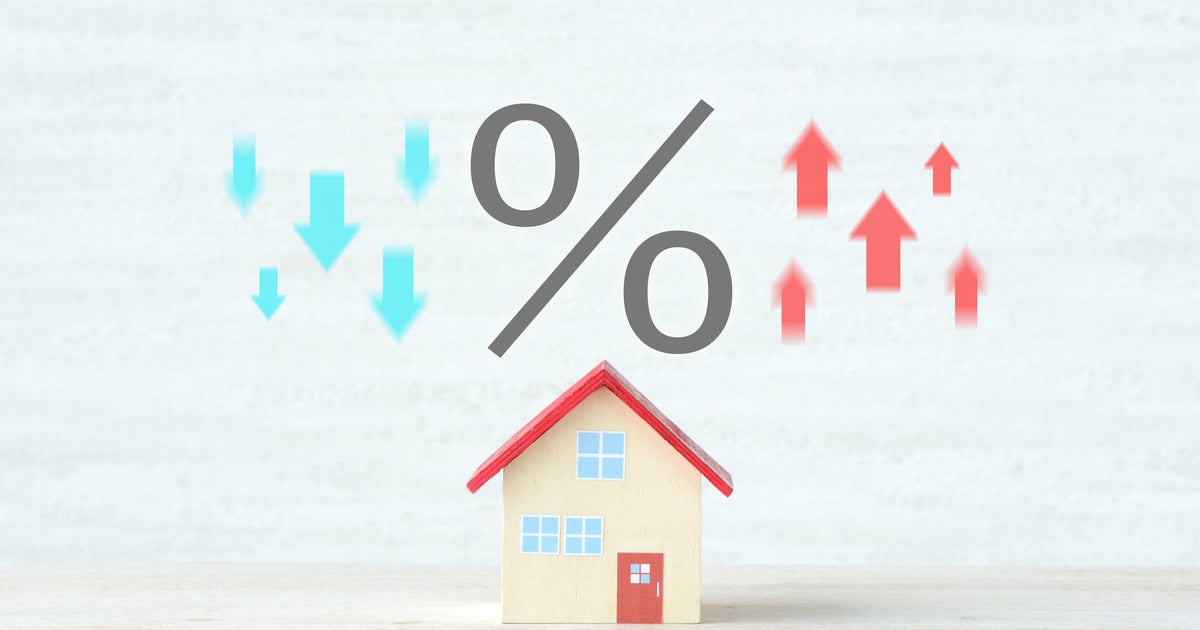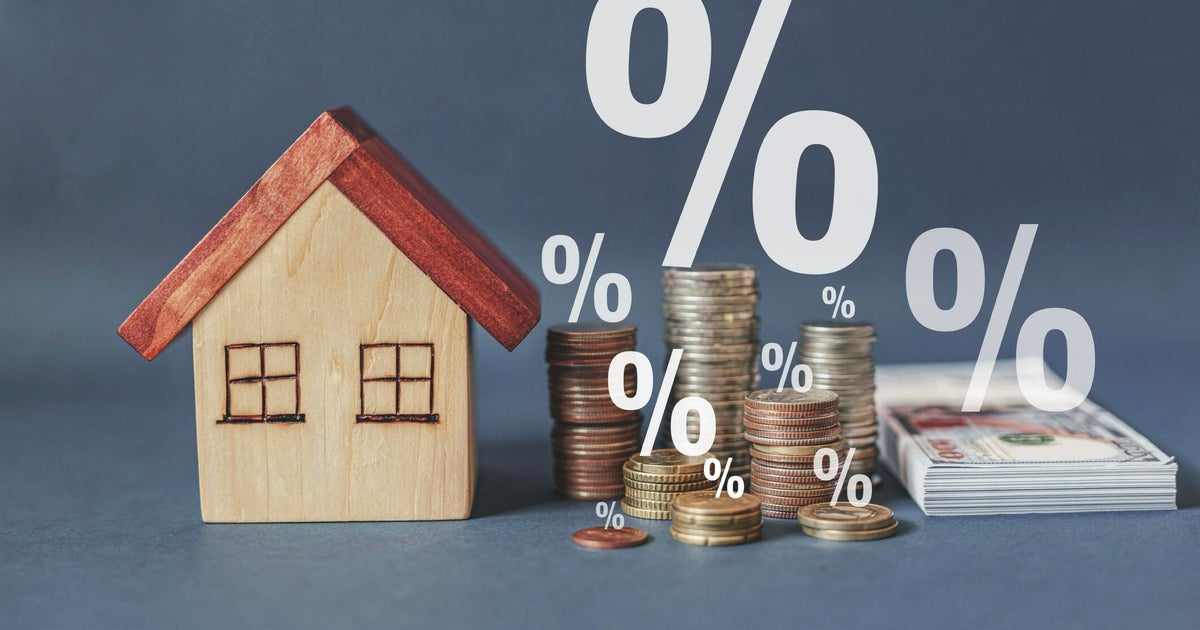Should you buy a house now or wait until later in 2024?
Last December, the Federal Reserve indicated it could cut benchmark interest rates several times in 2024. At the time, many experts were optimistic that inflation would continue to fall and lead to rate cuts early in the year. However, inflation rose by 3.1% in January, leading many economists to change their outlook and now expect any rate cuts to take place later in the year.
Still, mortgage rates have slightly fallen in expectation of a lower federal funds rate. Currently, the average mortgage rate on a 30-year fixed-rate mortgage is 7.21%, down from 7.76% in early November.
While the Federal Reserve doesn't set mortgage rates, it does set the federal funds rate. That's the rate banks follow when lending money to each other overnight. Consequently, mortgage rates tend to track the changes in the Fed's interest rate movements. If the Fed follows through on interest rate cuts, it could make financing more affordable for homebuyers and add more homes to a market starving for more inventory.
With inflation remaining sticky and interest rate moves paused, the housing market appears to be stuck. Amid these circumstances, is it better for homebuyers to purchase a home now or wait until later in the year? We'll take a closer look below.
See what mortgage rate you could qualify for here now.
Should you buy a house now or wait until later in 2024?
Not sure if you should buy a home now or wait? Here are the cases for each.
Why you should buy a house now
Buying a home now rather than waiting until later in the year could make sense if you want more purchasing power. "Rates are down about 1.5% from their highs in late November and early December," says Mason Whitehead, branch manager at Churchill Mortgage. "That frees up a significant amount of money each month for homeowners to use to qualify."
Another potential benefit to buying now is that sellers' strong hand is easing. Whitehead notes, "Sellers are seeing the market stabilize and are being more reasonable to offers and are starting to get back to 'normal' where they are also paying for the buyer's closing costs more often than not to make deals work. I also believe that once more people see rates start coming down, they will be more willing to sell and move."
Learn more about your homebuying options here.
Why you should wait until later in 2024 to buy a house
Homebuyers may gain more purchasing power later in the year if rates continue to drop. Of course, there are tradeoffs in that scenario as well. For example, lower rates drive up competition among homebuyers, potentially leading to higher home prices and other complications.
Brian Shahwan, a mortgage banker and broker with William Raveis Mortgage, acknowledges the pros and cons of waiting to buy a home. "Some of the pros include lower rates and more inventory. Some of the cons include higher home prices and the unknown of timing the market. I would encourage buyers looking for a primary residence to secure a property sooner than later and those looking for an investment property or second home to wait."
How to get a lower mortgage rate now
Whether or not you buy a house now or wait, getting the lowest interest rate can help you save tens of thousands of dollars over the life of the loan. Here are a few tactics to secure a lower mortgage rate:
- Make a larger down payment: The more you apply to your down payment, the lower your loan-to-value (LTV) ratio becomes. LTV is the percentage of the loan amount compared to the home's current market value. Lenders use this number to determine a loan's risk level. With a lower LTV, you may qualify for more favorable mortgage terms.
- Improve your credit score: Generally, higher credit scores lead to lower interest rates on loans, including mortgages. Improving your credit before applying could help you snag a lower mortgage rate.
- Buy mortgage points: If you don't mind paying a little upfront for loan points, you could reduce your mortgage rate by buying points. Typically, one point costs 1% of the loan amount. As such, you'd pay roughly $3,000 to lower your mortgage rate by one point on a $300,000 home loan.
- Get a shorter loan: With a shorter repayment term, monthly mortgage payments are higher than with a longer loan. However, shorter-term loans tend to have lower interest rates than longer-term ones. For example, a 30-year fixed-rate mortgage has an average rates of 7.21% while its 15-year counterpart averages 6.62%, as of March 6, 2024.
The bottom line
Undoubtedly, there are advantages to buying a home now versus waiting until later in 2024 and vice-versa. Regardless, make sure the property meets your needs in size, layout and features. Above all, your decision to buy a home should be based on whether you can comfortably afford the mortgage now and in the future.




